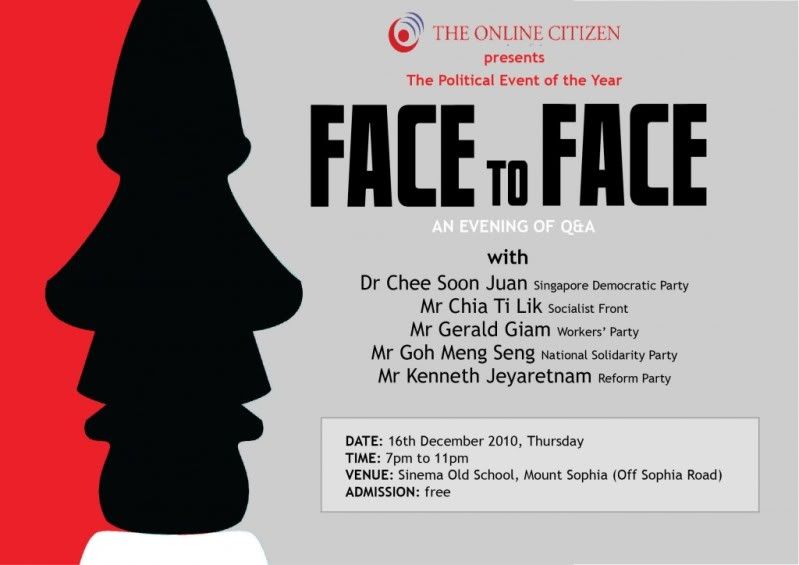The writing has been on the wall since 2007, when the government announced plans to introduce re-employment legislation, in tandem with raising the age at which Singaporeans can withdraw the bulk of their CPF savings to 65.
On Tuesday (11 January 2011), the Retirement Age (Amendment) Bill was passed. This Bill (now euphemistically named the Retirement and Re-employment Act) contains some provisions to steer employers in the direction of providing re-employment for their retiring workers, without actually raising the statutory retirement age.
While the law requires employers to offer re-employment to their workers when they reach the retirement age of 62, they are obliged to do so only if the workers fulfil a potentially subjective set of criteria: One, the employee must have at least satisfactory work performance, and two, the employee is medically fit to continue working.
The first criteria is very subjective, particularly if the employer has no proper performance appraisal system. The second criteria does not spell out that employers need to obtain the opinion of a doctor to prove that the employee is medically unfit to continue working.
But what is particularly disturbing is that this legislation gives the government the excuse to raise the CPF Minimum Sum Draw Down age from 62 to 65 or even older. They will reason that older workers can more easily find employment beyond 62 and so they don’t need to draw from their CPF savings. (The Minimum Sum, which now stands at $123,000, is the minimum amount of money that a person must keep in their CPF accounts. This large amount means that a large number of low-income workers have their retirement savings locked up long beyond their retirement age.) The reason, as explained the Prime Minister Lee Hsien Loong in 2007, is so that their CPF savings can last longer.
